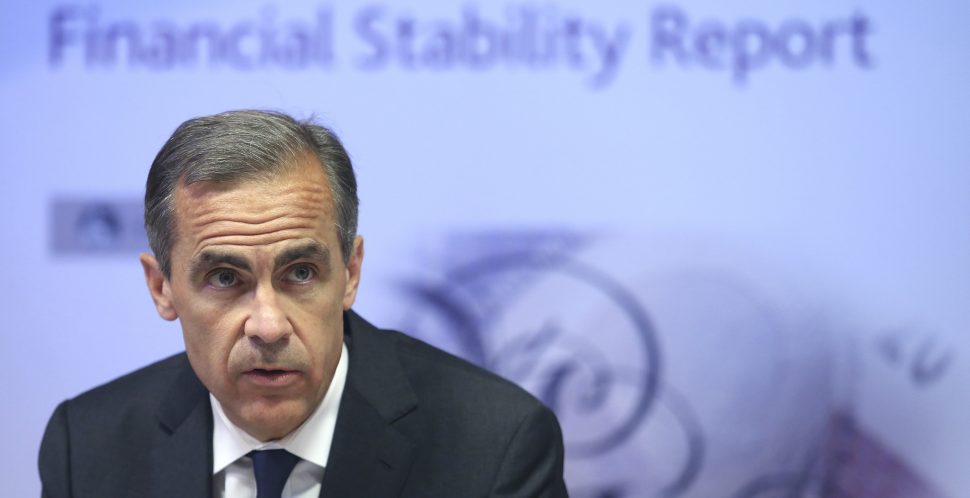Speaking to a crowd at the Finance and Sustainability Initiative in Montréal recently, the Deputy Governor of the Bank of Canada, Timothy Lane, made a subtle yet powerful statement: while the Bank is ostensibly concerned with the stability of prices and the financial system, “climate change itself and actions to address it will have material and pervasive effects on Canada’s economy and financial system.” As a result of this, the Bank will have to keep climate change in mind as it creates and delivers monetary policy.
This is not an isolated event, however. Despite what the headlines might lead us to believe with the Trump Administration in the United States, there is a flurry of growing activity on climate change going on around the world.
The best example of this is the recent work of the Financial Stability Board’s (FSB) Task Force on Climate Change Related Financial Disclosures. The Task Force is industry-led, with Michael Bloomberg as Chair, with input from all of the major central bankers from around the world, such as Mark Carney, current Chair of the FSB. Responsible with devising a clear framework for disclosing risk, the Task Force developed four overarching recommendations, relevant to all financial institutions and major holders of financial and physical assets (including public institutions):
- Disclose the organization’s governance around climate-related risks and opportunities
- Disclose the actual and potential impacts of climate-related risks and opportunities on the organization’s businesses, strategy, and financial planning
- Disclose how the organization identifies, assesses, and manages climate-related risks
- Disclose the metrics and targets used to assess and manage relevant climate-related risks and opportunities
The global span of this kind of effort – including bankers and businesspeople from numerous countries, political backgrounds, and sectors – shows the seriousness with which the issue is being approached.
Closer to home, Canadian financial institutions are also starting to make significant changes. The Big Five banks like TD Canada Trust are offering climate bonds, of which there were $2.6 billion issued in 2016, while smaller institutions like Vancouver’s own Vancity offer fossil fuel free investment mutual funds. New opportunities are increasingly coming online, too. CoPower, a Toronto fintech startup, has created an innovative financing model for individuals to invest into renewable power projects.
The connection between big global efforts like the FSB and hungry-for-funding startups cannot be ignored. The more seriously bankers and financial regulators take climate change, the more money can be directed into game-changing products and services that reduce our GHGs and make us healthier, happier, and more prosperous.
The key take-away here is that none of these efforts, the FSB, the Bank of Canada, CoPower, VanCity, was led by politicians. They’re not about politics, they’re about business. Technical actors and businesses alike see climate change as both a risk to be mitigated and a tremendous business opportunity; they’re increasingly trying to guard against its dangers as they latch onto its profit potential.
Announcements like the G20’s pullback on promised money for climate-smart development are certainly discouraging, but the more the financial system moves against climate change, the less naysayers can do. This means exciting ideas, like those being developed right here in Vancouver by companies like Saltworks, BioCube, Tenth Principle Energy, and many others, can thrive. In a sense, the greener money gets, the more of it will head in Vancouver’s direction.
 George Patrick Richard Benson
George Patrick Richard Benson
George Patrick Richard Benson works for the Vancouver Economic Commission to help mobilize community assets to help demonstrate and accelerate green economy businesses. He has worked a climate planner in Canada, the Philippines, and Bangladesh, and sits on the Planning Institute of British Columbia (PIBC)’s Climate Action Task Force, the Canadian Institute of Planners (CIP) International Relations and Initiatives Committee, as well as the American Planning Association. George has served as a Canadian national delegate and a civil society representative at United Nations events, such as HABITAT III and the UN High Level Dialogue on Migration and Development. He is passionately dedicated to a just and sustainable Canada.



